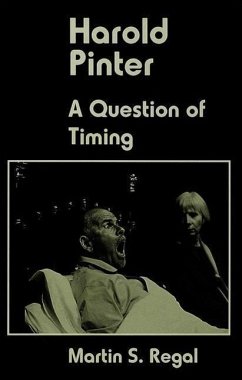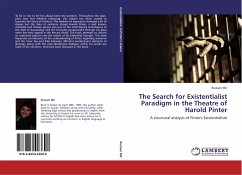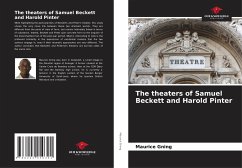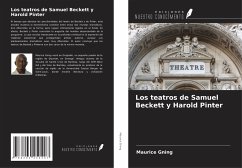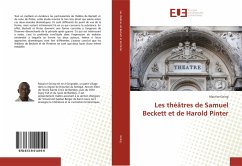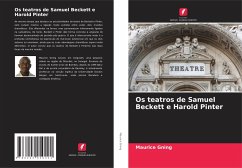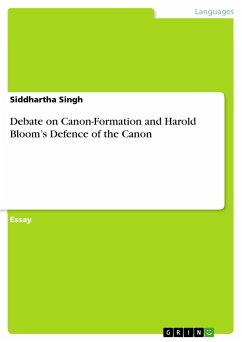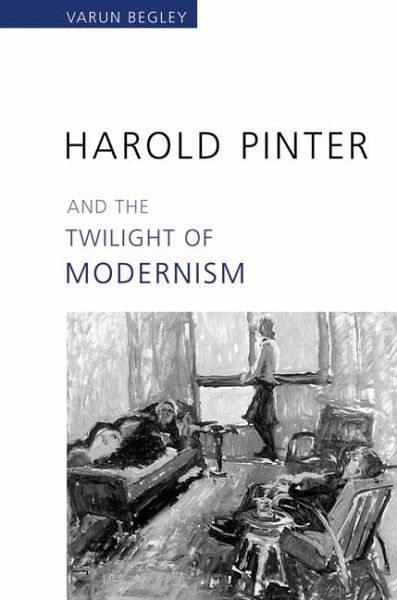
Harold Pinter and the Twilight of Modernism
Versandkostenfrei!
Versandfertig in über 4 Wochen
83,99 €
inkl. MwSt.

PAYBACK Punkte
42 °P sammeln!
The Frankfurt School's discourse on modernism has seldom been linked to contemporary drama, though the questions of aesthetics and politics explored by T.W. Adorno and others seem especially germane to the plays of Harold Pinter, which span high and low cultural forms and move freely from hermetic modernism to political engagement. Examining plays from 1958 to 1996, Varun Begley's Harold Pinter and the Twilight of Modernism argues that Pinter's work simultaneously embodies the modernist principle of negation and the more fluid aesthetics of the postmodern. Pinter is arguably one of the most po...
The Frankfurt School's discourse on modernism has seldom been linked to contemporary drama, though the questions of aesthetics and politics explored by T.W. Adorno and others seem especially germane to the plays of Harold Pinter, which span high and low cultural forms and move freely from hermetic modernism to political engagement. Examining plays from 1958 to 1996, Varun Begley's Harold Pinter and the Twilight of Modernism argues that Pinter's work simultaneously embodies the modernist principle of negation and the more fluid aesthetics of the postmodern. Pinter is arguably one of the most popular and perplexing of modern dramatists writing in English. His plays prefigured, then chronicled, the crumbling divide between modernism and its historical 'others': popular entertainment, politically committed art, and technological mass culture. Begley sheds new light on Pinter's work by applying the methods and problems of cultural studies discourse. Viewing his plays as a series of responses to fundamental aesthetic and political questions within modernism, Begley argues that, collectively, they narrate a prehistory of the postmodern.



